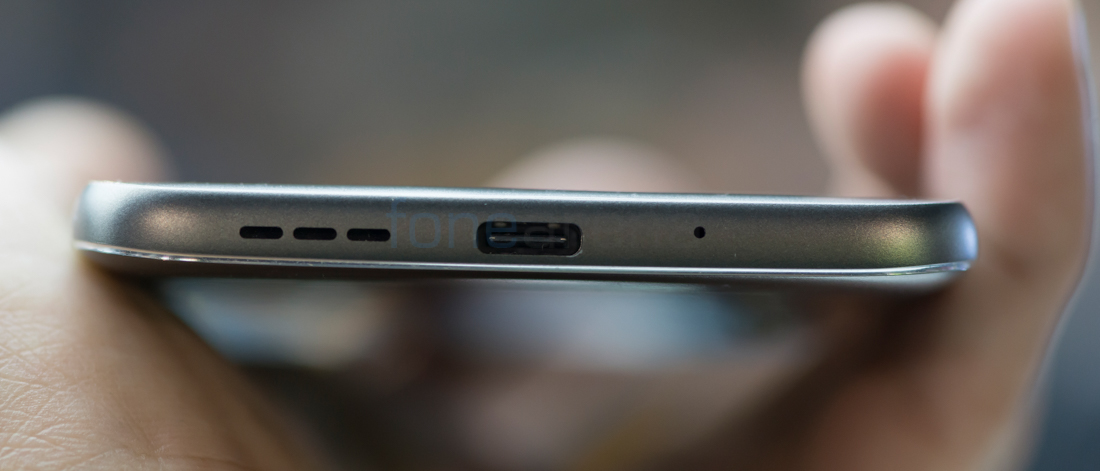
Last week, a Google engineer stated that the HTC 10 and LG G5 are not compliant with the USB Type-C specification. Now, Qualcomm has responded to the issue in a statement.
According to Google’s Benson Leung, Qualcomm’s Quick Charge 3.0 technology which is present on the HTC 10 and the LG G5, violates the USB Type-C specifications. Because of the way Quick-Charge 2.0 and 3.0 delivers the charge, it restricts some of USB Type-C’s functions by taking up the data lines. The USB Type-C 3.1 spec states that the Vbus line of the port should range between 4.45 and 5.25 volts. However, Qualcomm’s Quick Charge increases the voltage to 9 or 12 volts, thus breaching the specifications of the port.
In a statement issued to Android Central, Qualcomm said,
Qualcomm Quick Charge is designed to be connector-independent. It can be implemented in a device that supports a variety of connectors, including USB Type-A, USB micro, USB Type-C, and others. When an OEM chooses to implement Quick Charge into their device, they can configure the voltage to fit within the specifications of the USB Type-C standard. We have received no reports of user experience or device malfunction issues with or without USB Type-C connectors.
At Qualcomm Technologies, we are continuously working to provide the best solutions for our customers and consumers. Qualcomm Quick Charge is a leading edge fast charging solution with more than 70 devices and 200 accessories supporting one of the two most recent versions of Quick Charge, with even more currently in development.
The statement from Qualcomm does not address whether or not the USB Type-C phones using Quick Charge 3.0 are honoring the port standard. It further states that it has not received any complaints or reports of issues related to device malfunction or user experience.
Earlier this month, the USB 3.0 Promoter Group announced new USB Type- Authentication specification that allows devices and accessories to communicate with one another before transferring power or data.
